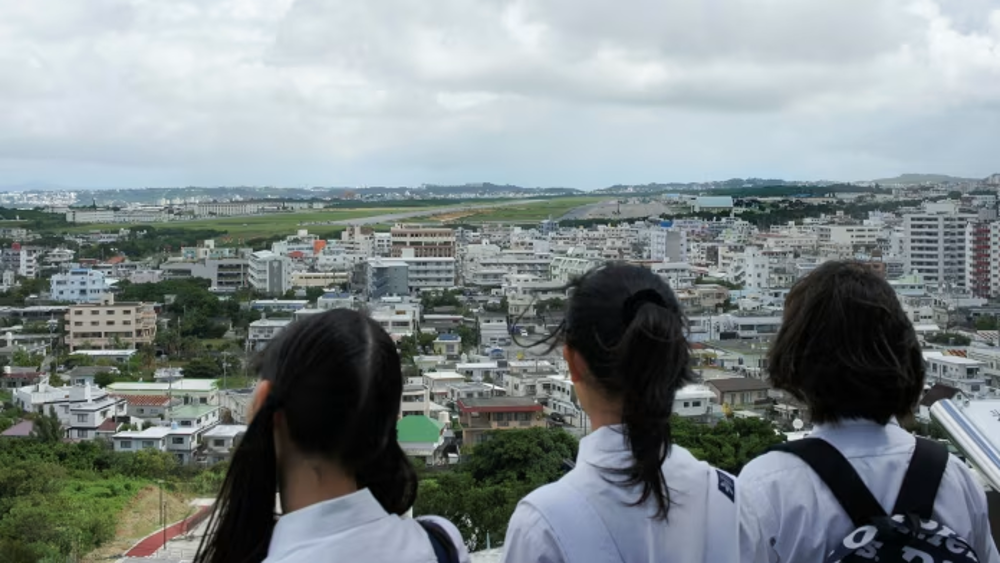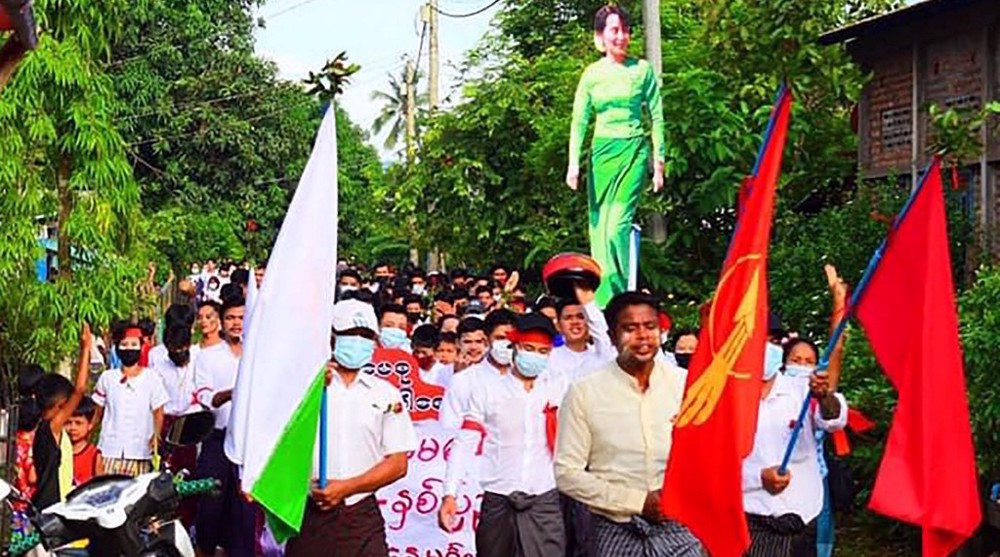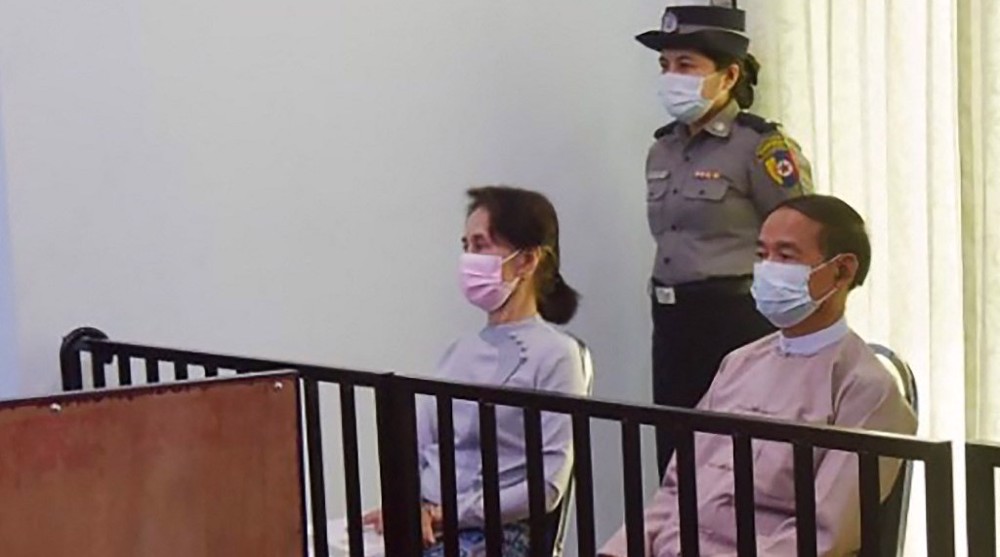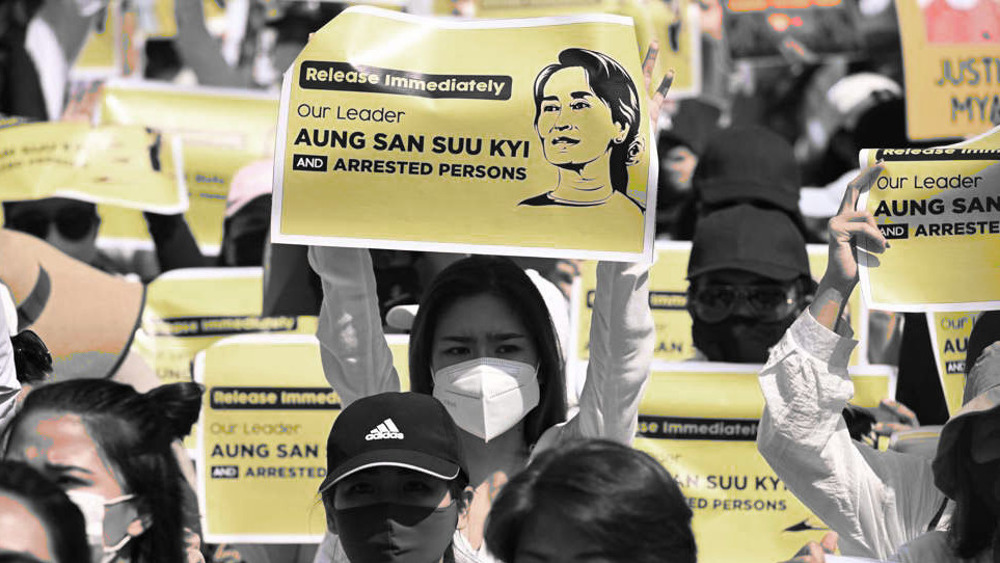Myanmar court refuses to disqualify evidence against Suu Kyi, lawyer says
A court in Myanmar has denied a motion by ousted leader Aung San Suu Kyi’s defense team to disqualify prosecution evidence against her in relation to a sedition charge that could see her jailed for up to two years.
The head of Suu Kyi’s legal team, Khin Maung Zaw, told Reuters on Tuesday that the prosecution had presented evidence that he considered inadmissible, but the judge had admitted it.
According to prosecutors, the evidence includes letters from Suu Kyi’s National League for Democracy (NLD) Party, issued a few days after the coup that ousted her in February.
Among several documents that Zaw said were signed by neither Suu Kyi nor her co-defendants was some that urged embassies not to recognize the junta. According to Zaw, the prosecutors submitted the evidence at court without explaining “how they extracted the documents.” He added that “there was no sign on the documents” and they had been extracted from the Internet.
Suu Kyi, 76, has been held in detention since the military coup on February 1. The former leader faces a raft of charges ranging from bribery and flouting coronavirus restrictions to illegally possessing two-way radios and incitement to commit crimes against the state. Her defense team has rejected the allegations.
Myanmar has been experiencing civil chaos since the military took power, with daily protests, marches, and strikes nationwide against the junta, and the military has been using lethal force to crack down on dissent.
A member of Suu Kyi’s legal team told reporters that she had urged people to “stay united.”
Speaking to the Russian news agency Sputnik on Monday, coup leader General Min Aung Hlaing said Suu Kyi’s fate was not in his hands, stressing that judges would decide about her case and he “cannot give any orders on what to do with her.”
The army has announced that it will hold new polls within two years of its takeover, but a conviction on almost any charge may result in Suu Kyi’s ban from standing for election.
Suu Kyi’s global reputation declined due to a wave of military violence against Myanmar’s marginalized Rohingya Muslim community in 2017.

Two US marines accused of raping Japanese women in Okinawa

China deploys naval group in warning to US, Philippines over drills

China ‘firmly’ opposes countries making trade agreements with US at its expense
US military launches renewed strikes on various regions across Yemen
VIDEO | Paris protesters slam Israel’s war on Gaza
VIDEO | Press TV's news headlines
VIDEO | US issues ‘final offer’ to Kiev for peace with Moscow
VIDEO | Pakistan warns of war over water diversion as India vows retaliation against militancy
ICC rejects Israel’s request to cancel arrest warrants for Netanyahu
VIDEO | Starvation spreads as Gaza faces deepening famine
VIDEO | Fake anti-Muslim stories go viral once more









 This makes it easy to access the Press TV website
This makes it easy to access the Press TV website